There are a lot of misconceptions out there about what is and isn’t tax-deductible. For example, many people believe that rent is not tax-deductible. However, this may not be the case! Depending on your situation, you may be able to deduct your rent from your taxes.
Here’s a look at some of the circumstances in which rent may be tax-deductible:
1. What Is Rent Tax Deductible
For most people, the biggest tax deduction they receive is for the mortgage interest they pay on their home. But there’s another big tax break out there for homeowners, and it’s called the rent tax deduction.
The rent tax deduction allows you to deduct a portion of your rent from your taxes, just as you would with your mortgage interest. The amount of the deduction depends on a few factors, including how much your rent is, how long you’ve been renting, and whether you itemize your deductions or take the standard deduction.
But if you qualify for the deduction, it can save you a significant amount of money on your taxes. So if you’re a renter, don’t overlook this potential tax break. It could save you a lot of money come tax time.
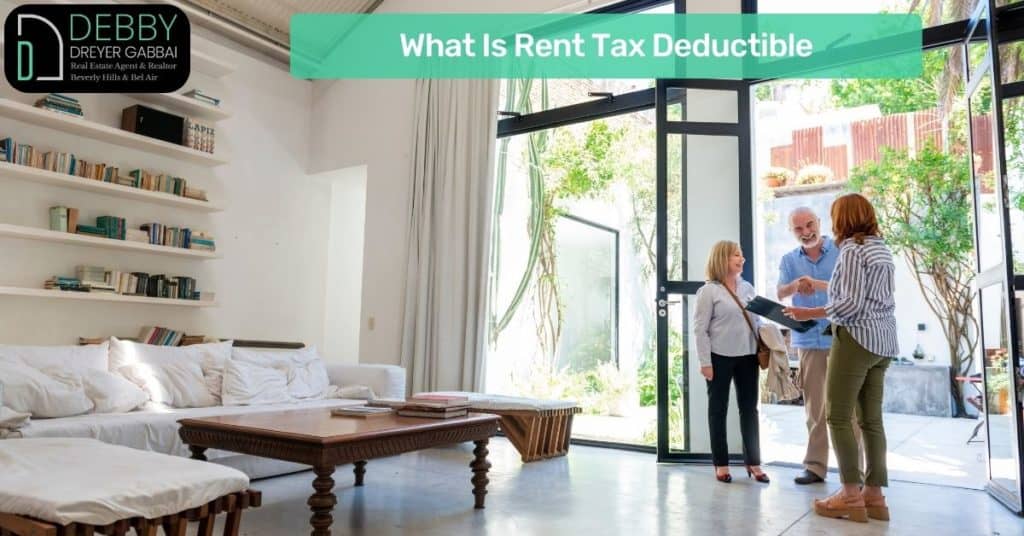
2. What Are Some of the Most Common Tax Deductions
Tax deductions are a very important part of the tax process, and there are many different types of deductions that can be taken. The most common deduction is the standard deduction, which is a set amount that is deducted from your income before taxes are calculated.
This deduction is available to all taxpayers, and it can be claimed on both your federal and state taxes. Other common deductions include the mortgage interest deduction, the charitable contribution deduction, and the student loan interest deduction.
These deductions can save you hundreds or even thousands of dollars each year, so it’s important to be familiar with them. You can learn more about these deductions by speaking with a tax professional or by doing some research online.
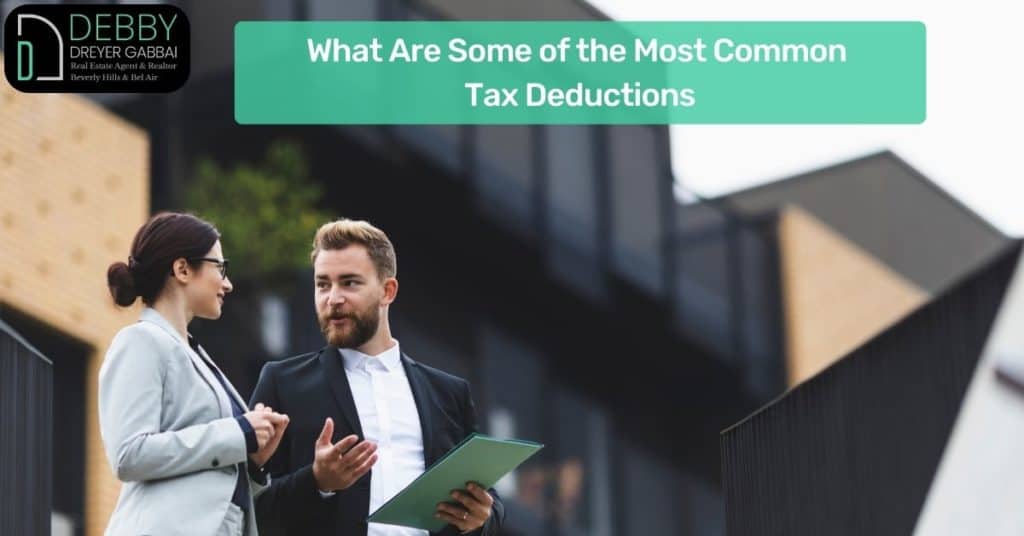
3. How to Qualify for a Rent Tax Deduction
In order to qualify for a rent tax deduction, you must be using the rental property for business or investment purposes. This means that you cannot claim the deduction if you are renting a property for personal use, such as a vacation home.
In addition, you must be paying rent to a qualified individual or business. Qualified individuals include landlords, real estate agents, and property management companies. If you are unsure whether your landlord qualifies, you can check with the IRS or your local tax authority.
Finally, you must keep accurate records of all rent payments made throughout the year. These records can include canceled checks, bank statements, and credit card statements.
By following these steps, you can ensure that you are eligible to claim a rent tax deduction on your taxes.

4. Documents You Need to Claim a Rent Tax Deduction
There are a few documents you need to claim a rent tax deduction.
First, you’ll need a copy of your lease agreement. This should include information on the amount of rent you’re paying, as well as the length of the lease.
Next, you’ll need to provide evidence that you’re actually living in the rental property. This can be in the form of utility bills, bank statements, or other official documents.
Finally, you’ll need to keep track of any expenses related to the rental property, such as repairs or improvements. By gathering all of these documents, you can ensure that you have everything you need to claim a rent tax deduction.
Claiming rental property expenses, including a list of common deductions and how to claim them.
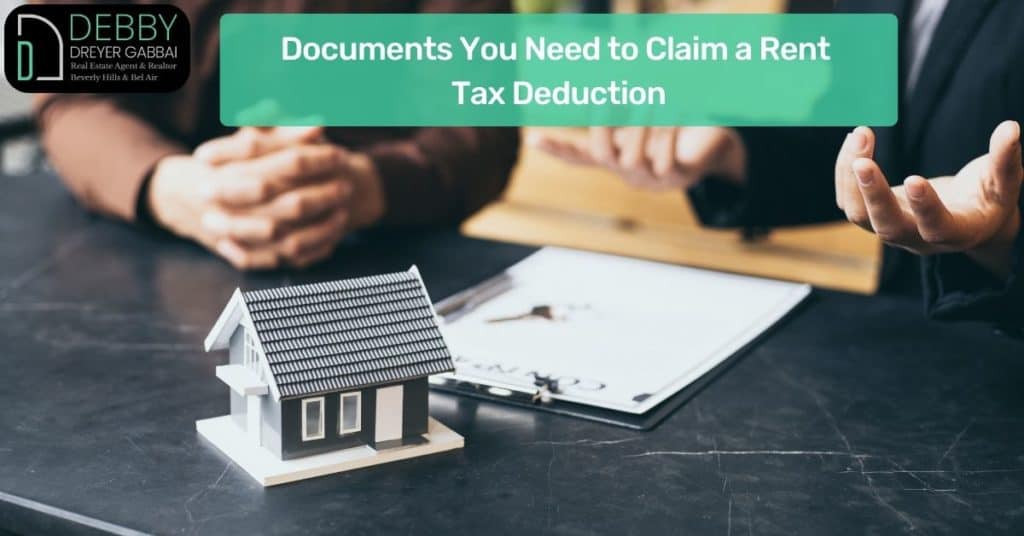
5. How to File Your Taxes if You’re Claiming a Rent Tax Deduction
Filing your taxes can be a complex and confusing process, especially if you’re claiming a rent tax deduction. However, there are a few steps you can take to make sure you get the most out of your deduction.
First, make sure you have all the necessary paperwork, including receipts for any rental payments you’ve made. Next, calculate your deduction by subtracting any applicable expenses, such as insurance or repairs, from your total rent payments. Finally, complete and file the appropriate tax forms with your local tax authority.
By taking these simple steps, you can ensure that you’re able to claim your rent tax deduction with confidence.
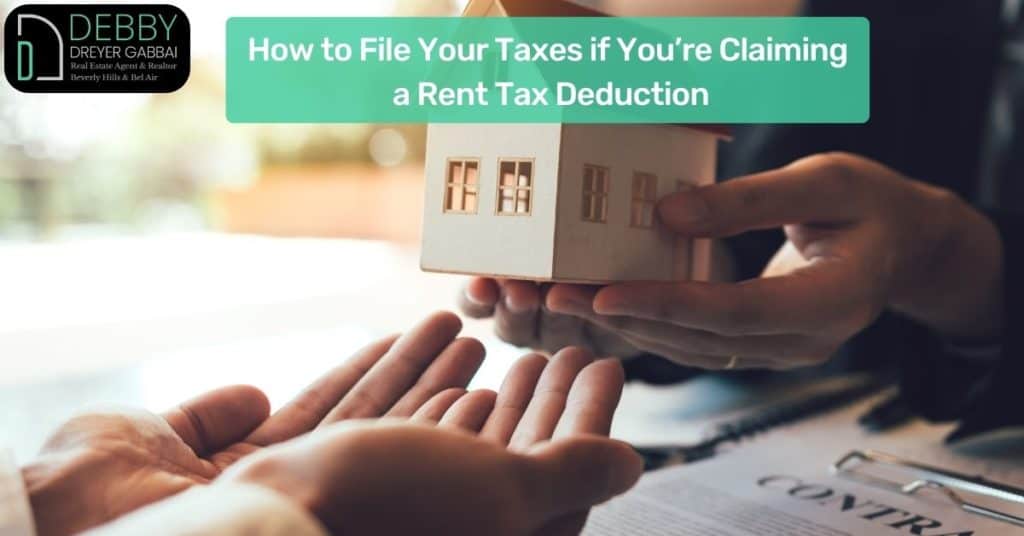
6. Things to Keep In Mind When Deducting Rent From Your Taxes
When it comes to deducting rent from your taxes, there are a few things you need to keep in mind.
First and foremost, you can only deduct rent if you actually pay it. This means that if you live with family or friends and don’t pay rent, you won’t be able to deduct it from your taxes. Additionally, you can only deduct rent if you use the space for business purposes.
So, if you have a home office or use your rental property to run a business, you may be able to deduct the rent from your taxes. However, if you simply use the space for personal reasons, you likely won’t be able to deduct the rent.
Finally, make sure to keep accurate records of your rental payments and expenses. This will help to ensure that you can properly deduct the rent from your taxes when tax time comes around.
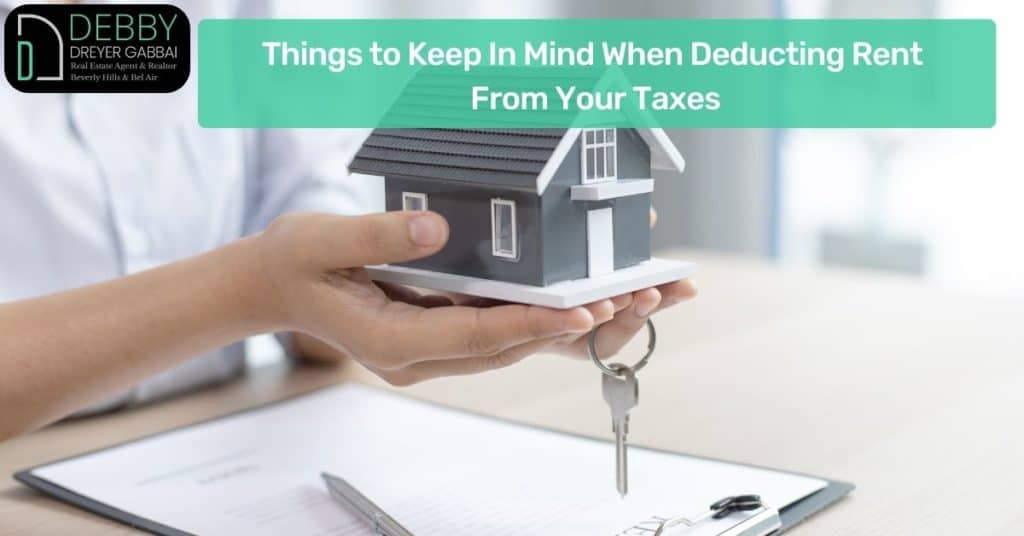
7. 5 Tax Deductions You May Not Know About
As the end of the year approaches, many people begin to think about ways to reduce their tax liability. While there are a number of well-known deductions, such as those for charitable donations and mortgage interest, there are also a number of lesser-known deductions that can save you money come tax time. Here are five tax deductions you may not know about:
Health Savings Accounts: If you have a high-deductible health insurance plan, you may be eligible to contribute to a health savings account (HSA). Contributions to an HSA are tax-deductible, and the funds can be used to cover qualifying medical expenses.
Student Loan Interest: If you are paying off student loans, you may be able to deduct the interest you have paid on your taxes. The deduction is capped at $2,500 per year, but it can still save you money come tax time.
Education Expenses: If you are taking courses to maintain or improve your job skills, you may be able to deduct the cost of tuition and books on your taxes. This deduction is often available even if you do not itemize your deductions.
Moving Expenses: If you move for a new job, you may be able to deduct certain moving expenses from your taxes. This includes items such as the cost of shipping household goods and the cost of renting a moving truck.
Business Expenses: If you are self-employed or run a small business, there are a number of business expenses that may be tax-deductible. This includes things such as office supplies, travel expenses, and business insurance premiums.
By keeping these deductions in mind, you can save yourself some money come tax time. However, it is always best to speak with a tax professional before claiming any deductions on your return.
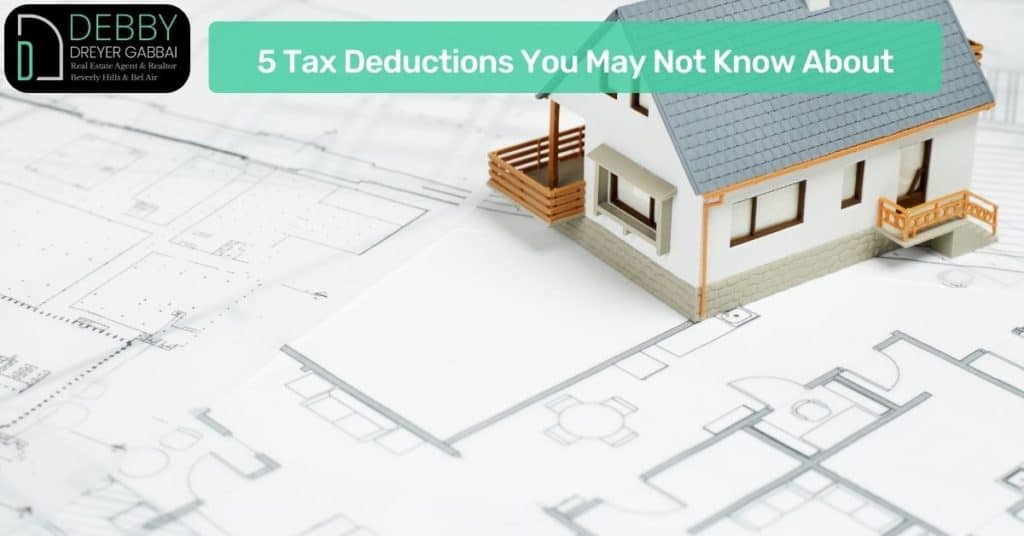
In conclusion
When it comes to taxes, there are a lot of different deductions that you may be eligible for. However, rent is not typically one of them. In order to deduct rent from your taxes, you must use the space for business purposes and have all the necessary documentation. Additionally, keep in mind that you can only deduct rent if you actually pay it. So, if you live with family or friends and don’t pay rent, you won’t be able to deduct it from your taxes.
